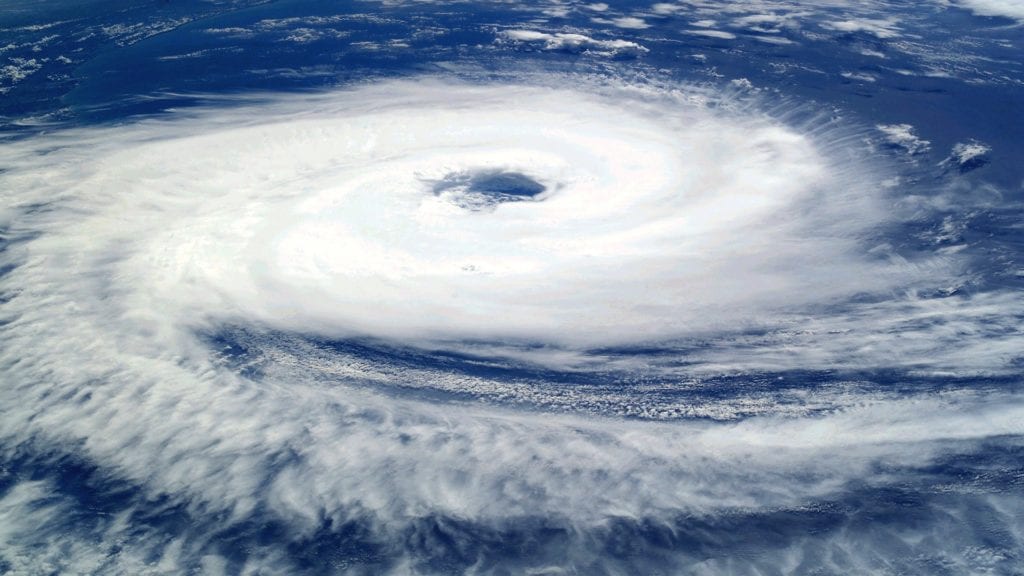How to Prepare for a Charleston Hurricane

The Atlantic hurricane season begins June 1st and continues through the end of November. The hurricane season refers to the annual formation of tropical cyclones in the Atlantic basin, a number of which hit and affect the United States. As hurricane season continues, the likelihood of serious storms increases. And this year, experts predict the hurricane season will be busier than usual.
South Carolina residents need to be prepared in the event of a hurricane, particularly Charlestonians and those living in other coastal cities. Here are some tips to help you be prepared during the 2022 Atlantic hurricane season.
Basic Tips
One of the best ways to stay prepared during hurricane season is to stay up to date with hurricane news and alerts. Sign up for text or email alerts that update you with hurricane watches, warnings, and other relevant notifications about storms. The more you know about the particular storm, the better you can prepare your family and your home to deal with it.
You should also have a family emergency communication plan in place in the event that you and your family members are separated when a hurricane or tropical storm hits. Ready.gov has tips for putting a plan together, as well as a plan template you can download.
Evacuation Tips
You should also be prepared in the event that an evacuation is ordered this hurricane season, or in case your family decides to evacuate even if there is no order. Roads have evacuation routes in place, and while the traffic can get backed up, it is best to follow the evacuation routes instead of taking shortcuts, as these roads may be closed or blocked off.
Familiarize yourself with your hurricane evacuation route before you evacuate, so that the trip can go as easily as possible. To avoid traffic, consider getting a head start by leaving earlier, possibly leaving before the evacuation order is even issued.
If you expect an evacuation to be ordered, do your best to keep a full tank of gas in your car. Gas pumps may be closed, and you don’t want to be stranded on the road without gas. You should also keep a disaster preparedness kit in your car, holding things like a flashlight, batteries, cash, first aid supplies, and copies of your critical information.
Practicing patience is also very important in the event of a hurricane evacuation. There will be a lot of people on the road, and you can likely expect hours of traffic. In order to ensure your safety and the safety of those around you, keep your cool in the car during an evacuation.
If you’re involved in an accident
Even if you practice perfect patience, you may still be involved in a car accident while evacuating, so be prepared for an incident just in case. Have the necessary paperwork and information in the car with you to help the situation be resolved quickly. A disaster preparedness kit can come in handy in this situation, as it will hold much of your critical information already.
Home Safety Tips
While you can evacuate in the event of a hurricane or a tropical storm, your home cannot. Heavy rains and strong winds can cause serious damage to your home, so it needs to be prepared for hurricane season as well.
Trim trees surrounding your house before hurricane season hits, and regularly trim throughout the season, as strong winds can make branches fall and potentially damage your home. You should also secure gutters and downspouts to prevent water damage from heavy rains.
Secure items around your home, such as porch furniture, potted plants, and other items in your yard to protect them from strong winds, or bring them indoors. Cover your windows with hurricane shutters, and consider bracing your doors if winds are expected to be severe.
Lastly, do not post on social media that you are evacuating, as it may make your home a target for potential burglars. Even if you trust your Facebook friends or Twitter followers, ill-intentioned persons may see the post and target your home.
If you’re staying home
If you plan to stay home during a storm rather than evacuate, there are further steps you should take to prepare. Bottom line, have plenty of supplies. Supplies should include water, food (non perishables are best), flashlights, plenty of batteries, candles, a battery powered radio, and personal hygiene items.
Also consider items for household members who need special supplies, such as infants or pets. For all of these supplies, have enough to last at least 3 days. You may also want to consider installing a generator or purchasing a portable generator so that you can avoid the issues that go along with power outages.
While it is impossible to completely avoid a hurricane or tropical storm, there are steps you can take to reduce the risks associated with these storms. By following these tips, you can keep your family and your home as safe as possible during hurricane season.
**_Additional Resources:_**
https://www.ready.gov/make-a-plan